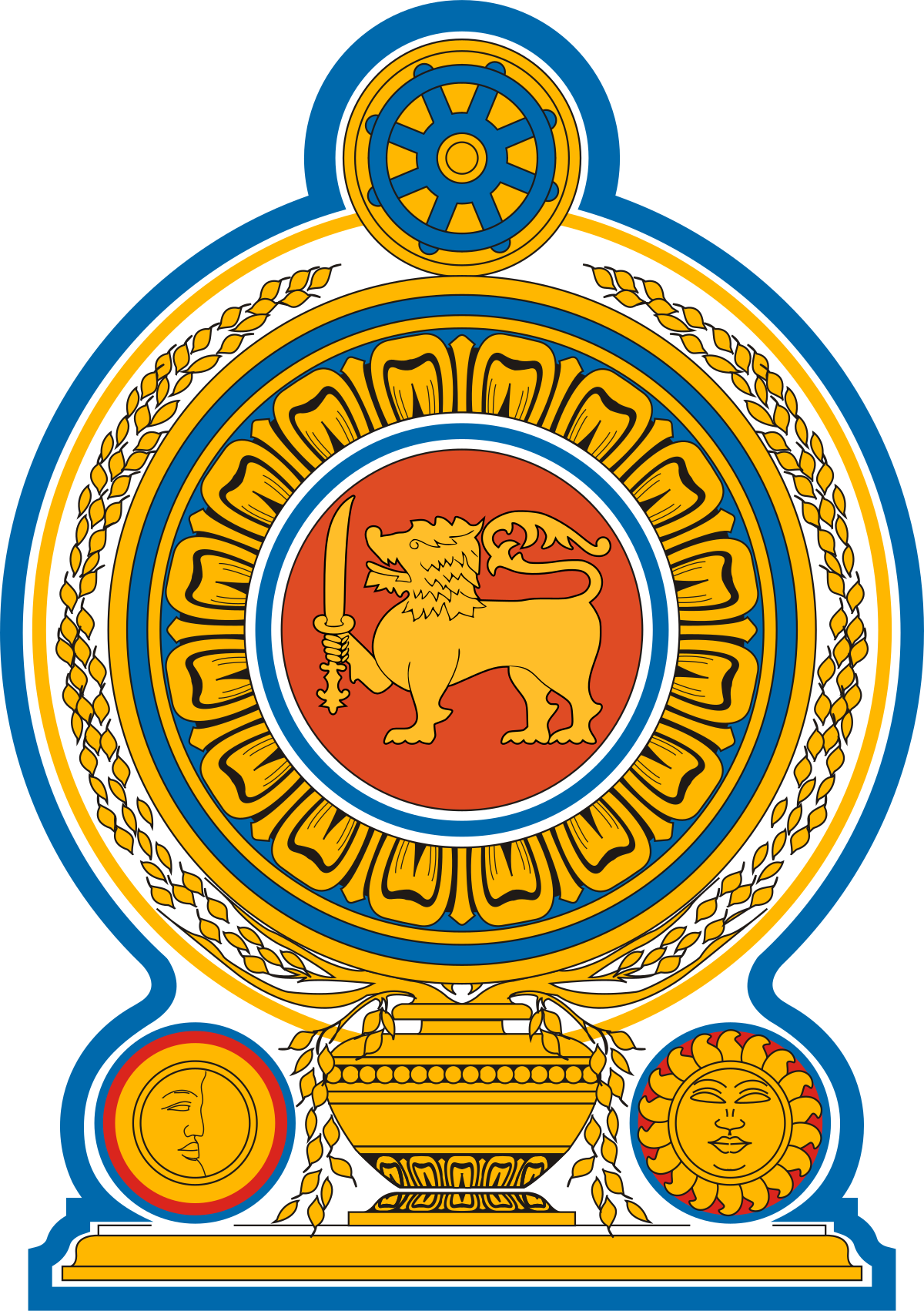Internal Affairs Unit (IAU)
Responsibilities and Functions
Responsibilities and functions of the Internal Affairs Unit (IAU)
The IAU is tasked with the following specific responsibilities and functions to ensure proactive, clear and focused anti-corruption efforts, addressing key aspects of institutional integrity.
i. Examine current procedures and circulars to identify systemic bottlenecks within the institution and simplify them to enhance operational efficiency.
ii. Conduct Corruption Risk Assessments (CRAs) to identify areas in the institution vulnerable to corruption and unethical conduct and take targeted preventive measures.
iii. Develop and implement an Institutional Integrity Action Plan outlining specific anti-corruption objectives and strategies tailored to the institution's needs.
iv. Ensure full compliance with national anti-corruption goals by aligning institutional policies and practices with the National Anti-Corruption Action Plan.
v. Conduct regular compliance reviews to assess the institution's compliance with national and international anti-corruption laws, including the Anti-Corruption Act No. 9 of 2023, and identify areas for improvement.
vi. Ensure compliance with Asset Declaration requirements for all public officials and employees, and manage conflicts of interest in accordance with CIABOC regulations and the Anti-Corruption Act No. 9 of 2023.
vii. Establish a secure system to receive and manage complaints related to corruption and unethical conduct in the institution; ensure that all such complaints are promptly addressed by relevant officials or units; and provide regular feedback to the parties involved, ensuring transparency and accountability. If necessary, refer relevant facts, findings or information to the CIABOC for investigation under the Anti-Corruption Act.
viii. Develop and publish a Citizen's Charter outlining services provided by the institution.
ix. Establish and enforce policies that promote ethical governance, including a standardized code of conduct to be adhered to by public officials.
x. Implement measures, including training and awareness creation, to motivate employees to commit to anti-corruption principles.
xi. Act as the institutional focal point for the National Anti-Corruption Integrity Assessment, ensuring that the institution participates in and aligns with the integrity assessment processes, as guided by CIABOC and the national anti-corruption framework.
xii. Maintain liaison with the CIABOC to receive ongoing guidance and support in executing the Unit's duties.
xiii. Produce periodic and annual reports summarizing the IAU's activities, progress in anti-corruption initiatives, challenges faced, and recommendations for further actions.
xiv Collaborate with private sector stakeholders to plan and implement integrity development programs.
